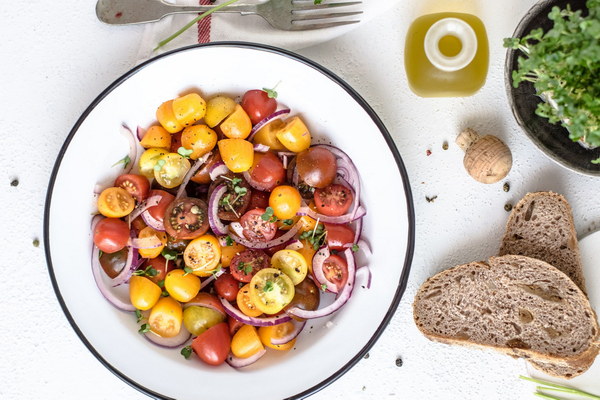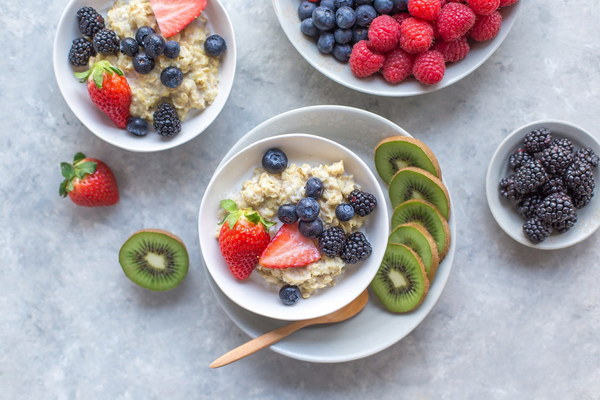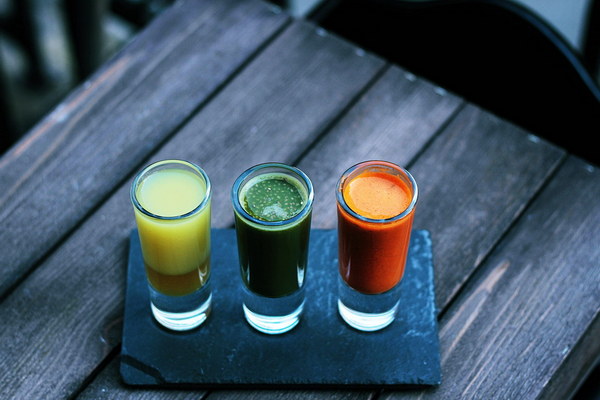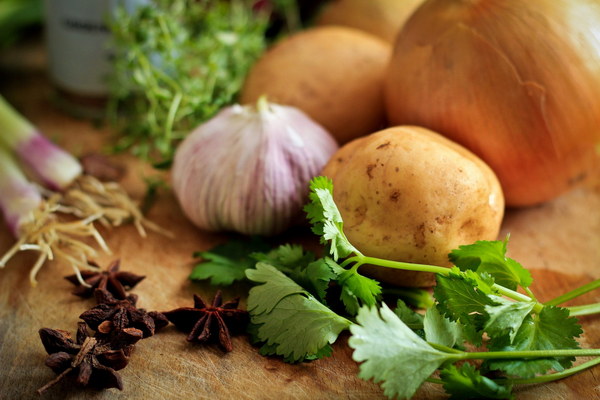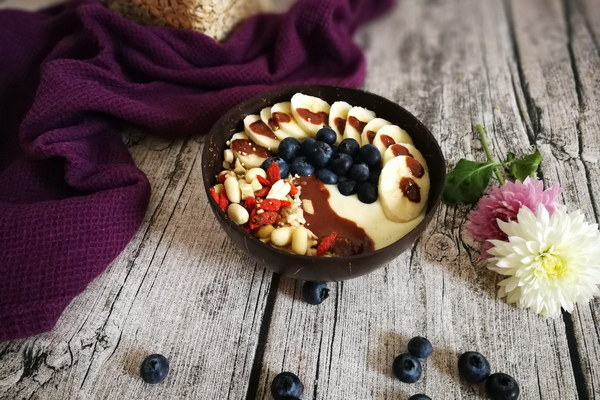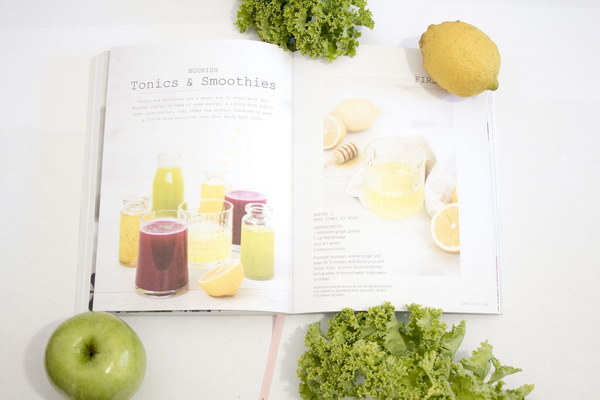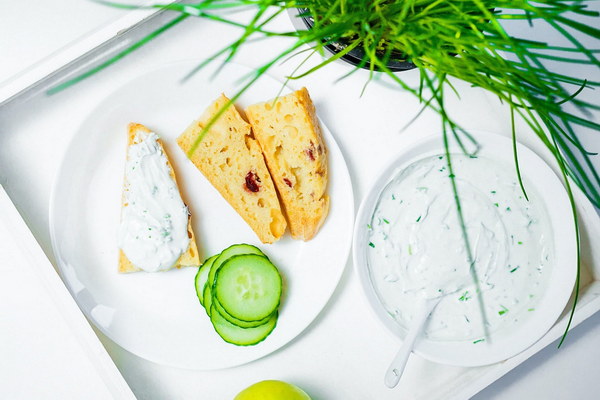Is It Okay to Add Sugar to Medicinal Soup
Medicinal soup, also known as herbal broth or tonifying soup, has long been a popular remedy in traditional Chinese medicine for promoting health and treating various ailments. As with any traditional practice, there is often debate over the best way to prepare and consume these soups. One common question that arises is whether or not it is acceptable to add sugar to medicinal soup. In this article, we will explore the arguments for and against adding sugar to medicinal soup and provide some guidance on how to prepare these healing broths in the most beneficial way.
The Argument for Adding Sugar
Supporters of adding sugar to medicinal soup argue that it can enhance the taste of the broth, making it more palatable for those who may be sensitive to the bitter or strong flavors of certain herbs. Sugar can also help to balance the taste of the soup, which can be a pleasant experience for some individuals. Additionally, sugar has been shown to have a calming effect on the nervous system, which may be beneficial for those who are taking the soup to address stress or anxiety-related conditions.
Another reason to add sugar to medicinal soup is that it can help to increase the bioavailability of certain herbs. Some herbs contain bioactive compounds that are more effectively absorbed by the body when consumed with sugar. This means that adding a small amount of sugar to the soup may help to maximize the therapeutic benefits of the herbs used.
The Argument Against Adding Sugar
On the other hand, there are several arguments against adding sugar to medicinal soup. One of the primary concerns is that sugar can counteract the therapeutic effects of the herbs. Traditional Chinese medicine often relies on the synergistic properties of various herbs to achieve healing, and the addition of sugar can disrupt this balance.
Furthermore, sugar is a high-calorie, high-carbohydrate food that can contribute to weight gain and other health issues. For individuals who are already struggling with weight management or have specific dietary restrictions, adding sugar to medicinal soup may not be advisable.
Another concern is that sugar can cause an imbalance in the body's blood sugar levels, leading to fluctuations in energy and mood. This can be particularly problematic for those who are already dealing with blood sugar-related health conditions, such as diabetes.
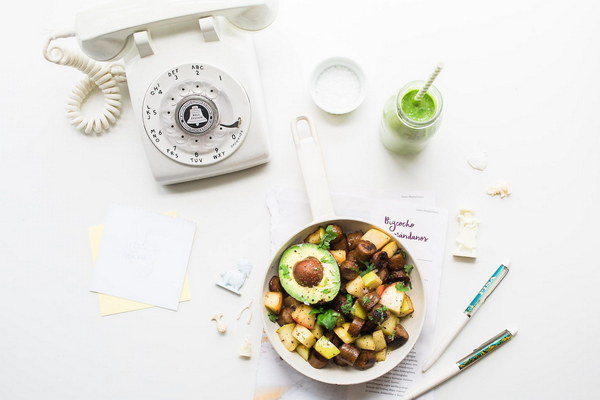
The Best Practices for Preparing Medicinal Soup
While the decision to add sugar to medicinal soup is a personal one, there are some general best practices to consider when preparing these healing broths:
1. Start with high-quality herbs: Choose fresh, organic herbs whenever possible to ensure the highest quality and potency of the medicinal soup.
2. Follow the recipe: Adhere to the prescribed amount of each herb and the recommended cooking time to maintain the intended therapeutic properties of the soup.
3. Adjust the taste: If the soup is too bitter or strong, consider using other natural flavor enhancers, such as ginger, scallions, or even a small amount of sea salt, instead of sugar.
4. Consult a healthcare professional: Before making any changes to your medicinal soup preparation, consult with a healthcare professional who is knowledgeable about traditional Chinese medicine to ensure that you are not compromising the effectiveness of the treatment.
In conclusion, whether or not to add sugar to medicinal soup is a matter of personal preference and individual health considerations. While sugar can enhance the taste and potentially increase the bioavailability of certain herbs, it can also counteract the therapeutic effects and contribute to health issues. By following best practices and consulting with a healthcare professional, individuals can prepare medicinal soup in a way that maximizes its health benefits while minimizing potential risks.
